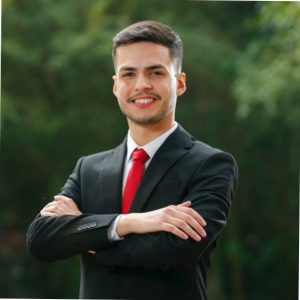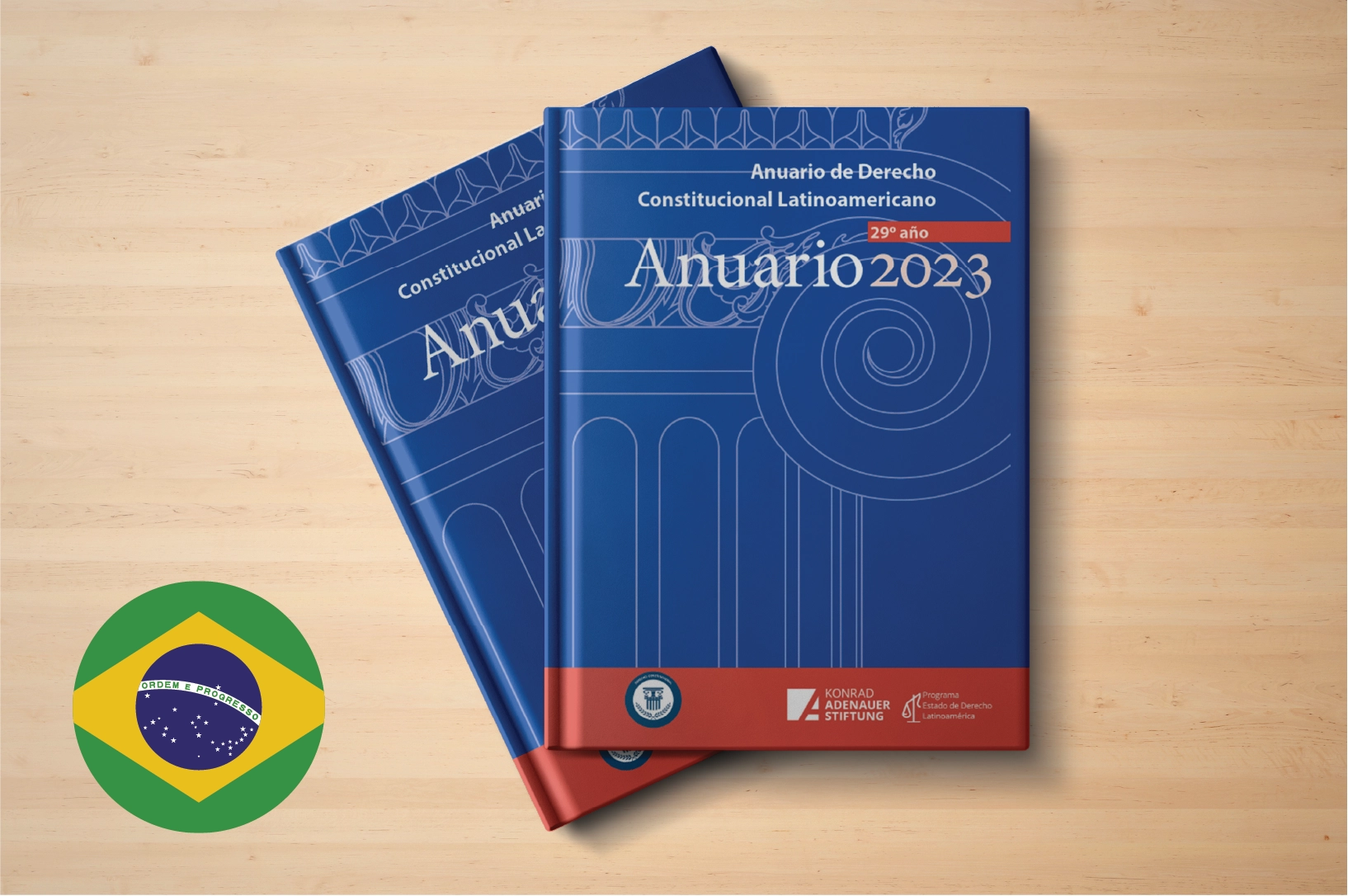
Wilson Engelmann
Doctor en Derecho Público y profesor titular en Unisinos. Postdoctorado en Derechos Humanos. Investiga en inteligencia artificial, nanotecnología y regulación desde una perspectiva de derechos humanos.

Raquel Von Hohendorff
Doctora y profesora del Programa de Postgrado en Derecho y de grado en la Unisinos. Enseña sobre transformación social, transdisciplinariedad y Objetivos de Desarrollo Sostenible, además de impartir Derecho del Trabajo y Práctica.

Sérgio Vinícius Grams de Matos
Abogado en la Rede MT Advogados, especializado en Derecho Administrativo y Previdenciario. Posgraduando en Práctica Previdenciaria y Laboral (FMP/ESA), gestiona procesos de jubilación y análisis de beneficios. Fue distinguido por su tesis sobre los derechos de la naturaleza.
Explora
Descarga el artículo
Explora
Descarga el Anuario 2022
Explora
Contenido multimedia
